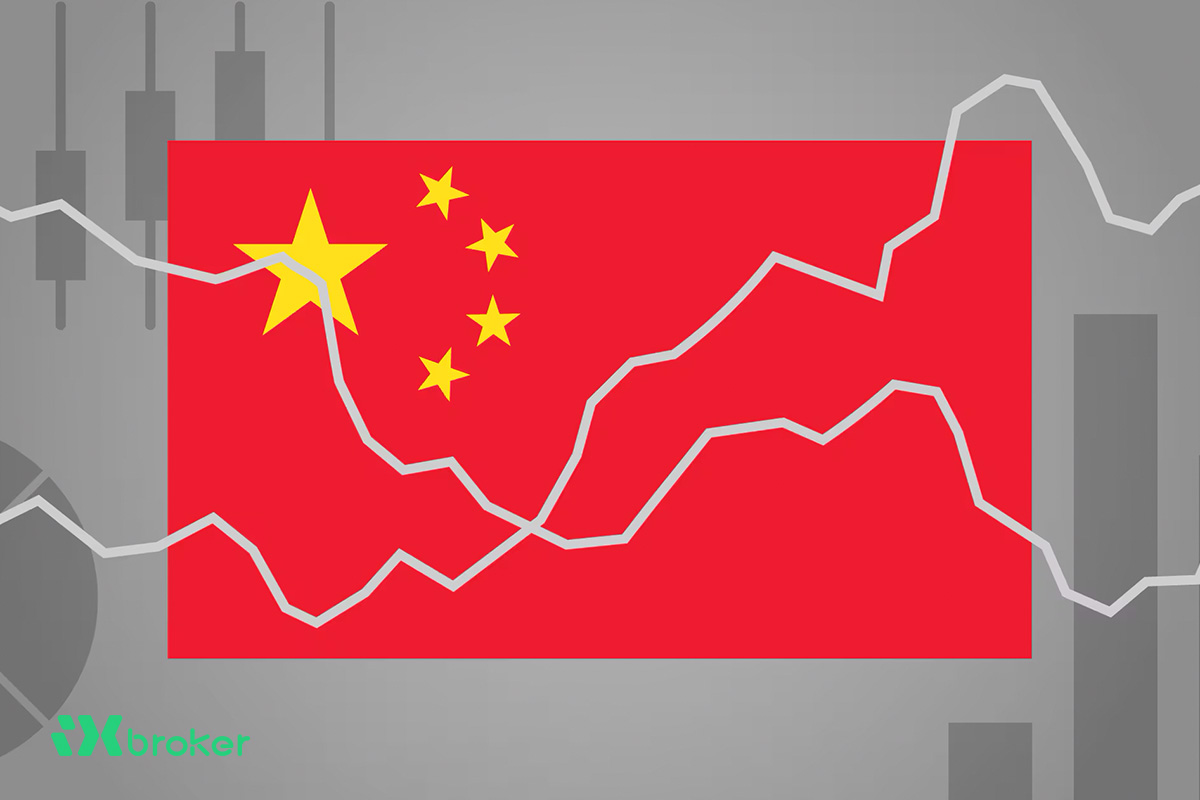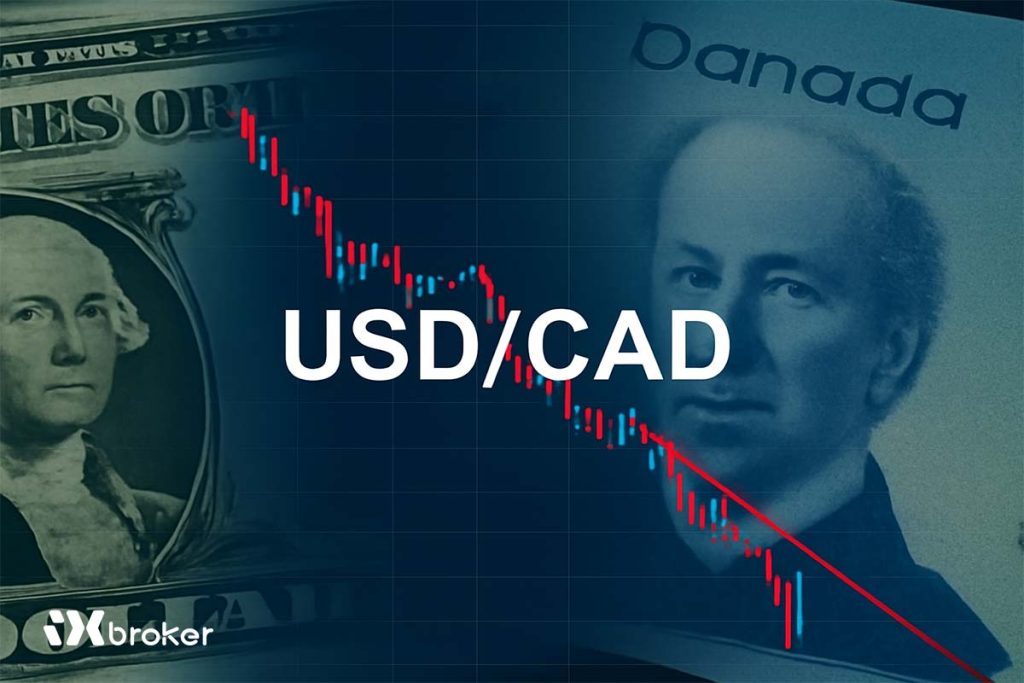Chinese equities are enjoying a powerful rally in 2025, drawing heavy interest from both retail and institutional investors. The Shanghai Composite hit a decade high earlier this month, while Hong Kong’s Hang Seng index has climbed 30% year-to-date, on track for its strongest annual performance since 2017.
Retail investors return
For many Chinese households, stocks are replacing property and bank deposits as the preferred investment. Hou Yujie, who runs a shop near Beijing’s Forbidden City, recently put 10% of her savings into the market. Within days, she said she earned the equivalent of a month’s salary. “Interest rates for bank deposits are so low I don’t even want to bother. Stocks are a hot topic right now,” Hou said.
Chinese retail investors, who drive around 90% of daily trading volume according to HSBC, remain highly influential. But their participation is also a risk. “As soon as I hear or sense the market going down, I’ll grab my money and run for my life,” Hou added, underscoring the speculative mindset that often fuels rapid swings.
Policy support fuels optimism
Analysts date the rally to September 24, 2024, when top financial officials held a rare coordinated press briefing to unveil measures aimed at boosting the economy and stabilizing markets. A similar media event earlier this week reaffirmed Beijing’s support, with regulators highlighting the “expanding circle of friends” as overseas funds return.
“The policymakers felt that they need to do something to refocus the government work on economic growth rather than minimize risk,” said Hao Hong, CIO at Lotus Asset Management.
Cathie Wood’s Ark Investment Management has reopened positions in Alibaba for the first time in four years, signaling renewed foreign confidence. Regulators have also instructed insurers and state-backed funds to increase equity exposure in an effort to deepen capital markets and make them a long-term store of wealth.
Structural tailwinds and risks
Sentiment has been buoyed by easing U.S.-China trade tensions and optimism around China’s progress in AI, semiconductors, and drones. Yet confidence among households remains fragile after a decade marked by a major stock market crash and an ongoing property downturn.
“Many of the retail investors still believe that it’s a gamble. It’s a casino. No one believes that it’s a long-term investment,” said Hong.
With institutional money increasing its role, Beijing hopes to shift that perception. But for now, the market remains retail-driven, making it vulnerable to sharp reversals if momentum stalls.



